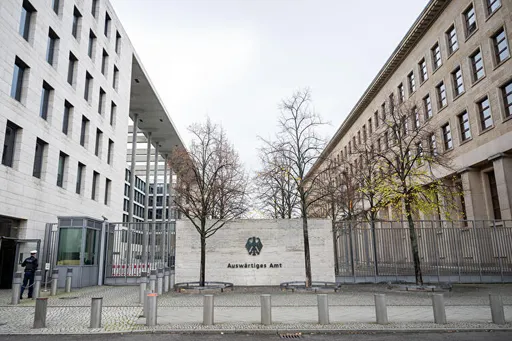Fearful of a coronavirus epidemic among its famous Barbary monkeys, authorities in Britain's tiny enclave of Gibraltar have banned tourists from touching the animals.
The macaques, Europe's only wild population of monkeys, are a popular tourist attraction and local folklore has it that Gibraltar would cease to be British if the monkeys were to leave the area.
Feeding them is already illegal and punishable by hefty fines.
But now the government has decided to go a step further.
With the arrival of the coronavirus, it "will be taking strict measures to prevent contact with the macaques", the government said in a statement late on Friday.
"This is in order to minimise the risk of their contracting the disease and becoming ill or dying. Primates elsewhere have been known to be susceptible.
It published a bill "which will make touching or other interference with the natural behaviour of macaques an offence except under licence for management, research or veterinary purposes."
With just 161 cases of Covid-19 in a population of 30,000, the impact on Gibraltar has been relatively low, especially in comparison with neighbouring Spain, one of Europe's worst-hit countries.
"Because of the low level of the virus in Gibraltar and of the prompt lockdown of tourist sites, it is virtually definite that the macaques have not contracted Covid-19," the government said.
"We have to ensure that this continues to be the case."























